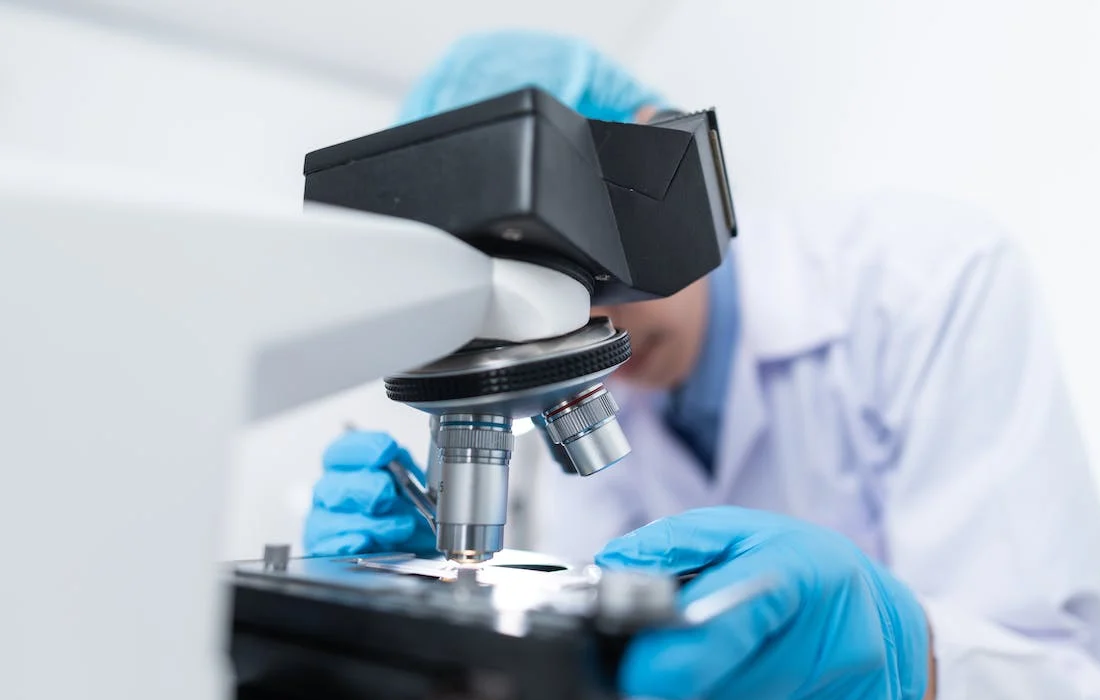Sensitivity to common food allergens such as dairy and peanuts could be an important and previously unappreciated cause of heart disease, new research suggests — and the increased risk for cardiovascular death includes people without obvious food allergies. That increased risk could be comparable to — or exceed — the risks posed by smoking, as […]
Author Archives: Karely Vega, MD
A globe-spanning scientific team has compiled the most comprehensive list of genetic variants associated with prostate cancer risk — 451 in all — through a whole-genome analysis that ranks as the largest and most diverse investigation into prostate cancer genetics yet. The research, led by the USC Center for Genetic Epidemiology, the Keck School of […]
New research led by University of Colorado School of Medicine faculty members Fan Zhang, Ph.D., and Anna Helena Jonsson, M.D., Ph.D., may lead to new targeted treatments for rheumatoid arthritis (RA), an autoimmune disease that causes joint inflammation and destruction. The AMP: RA/SLE Network collected inflamed tissue from 70 patients with RA from across the […]
Using a technique that has shown promise in targeting cancer tumors, a Duke Health team has found a way to deploy a molecular warhead that can annihilate the bacterium that causes Lyme disease. Tested in cell cultures using the Borrelia burgdoferi bacterium, the approach holds the potential to target not only bacteria, but also fungi […]
The connection between exercise and inflammation has captivated the imagination of researchers ever since an early 20th-century study showed a spike of white cells in the blood of Boston marathon runners following the race. Now, a new Harvard Medical School study published Nov. 3 in Science Immunology may offer a molecular explanation behind this century-old […]
As described in a new paper published in Science, Kıvanç Birsoy and his colleagues in Rockefeller’s Laboratory of Metabolic Regulation and Genetics have discovered the first such sensor for an organelle — specifically mitochondria, the cell’s power center. The sensor is part of a protein that does triple duty: it senses, regulates, and delivers the […]
The path a cell takes from healthy to metastatic cancer is mostly driven by epigenetic changes, according to a new computational study. Dr. Eduard Porta, group leader of the Cancer Immunogenomics group at the Josep Carreras Leukaemia Research Institute, participated in the new analysis that has been recently published in the journal Nature. Every cell […]
LMU researchers have identified a signaling pathway by which aspirin can inhibit colorectal cancer. Colorectal cancer (bowel cancer) is the third most common form of cancer worldwide, with around 1.9 million newly diagnosed cases and 900,000 deaths every year. Therefore, preventive substances represent an urgent clinical need. Aspirin/acetylsalicylic acid has proven to be one of […]
Imagine a skin cream that heals damage occurring throughout the day when your skin is exposed to sunlight or environmental toxins. That’s the potential of a synthetic, biomimetic melanin developed by scientists at Northwestern University. In a new study, the scientists show that their synthetic melanin, mimicking the natural melanin in human skin, can be […]
A University of Alberta team has developed a new step to improve the process for creating insulin-producing pancreatic cells from a patient’s own stem cells, bringing the prospect of injection-free treatment closer for people with diabetes. The researchers take stem cells from a single patient’s blood and chemically wind them back in time, then forward […]










